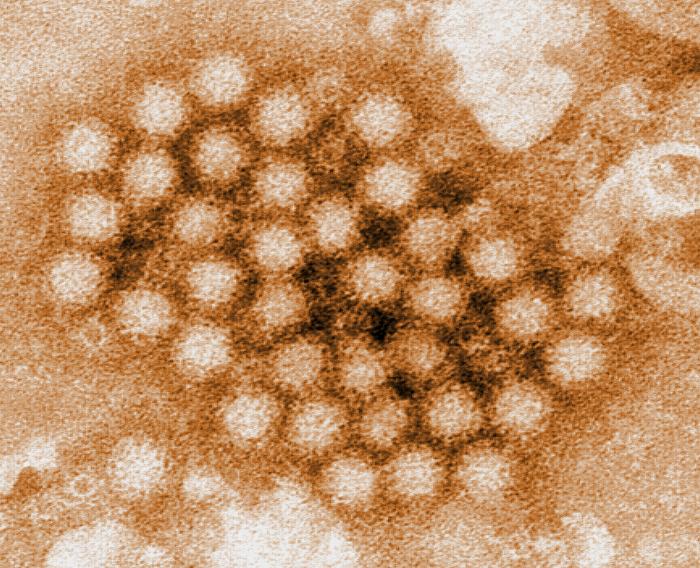Approximately 40 outbreaks of norovirus illness have been reported to the Minnesota Department of Health (MDH) since the beginning of November. The outbreaks have occurred in a variety of settings, including restaurants, schools, nursing homes, and private gatherings.

Noroviruses are the most common cause of food-related illness in Minnesota, and reported cases peak during the winter months. Symptoms of a norovirus infection can include nausea, vomiting, diarrhea, abdominal pain, headache, body aches, a general run-down feeling, and a mild fever. People typically become ill 24 to 48 hours after exposure to the virus, and symptoms usually last anywhere from one to three days.
Although people commonly refer to norovirus illness as “stomach flu,” the illness is not the same as influenza. Influenza is primarily a respiratory illness, characterized by symptoms like high fever, body aches, sneezing, a runny nose or a sore throat.
When people think of “stomach flu,” they often don’t appreciate that they could have gotten their illness from food or that they could pass the virus to others through food. Prevention of norovirus infections is simple in principle, officials say. Just practice good personal hygiene and observe appropriate food-handling procedures.
“People need to remember to wash their hands, thoroughly” said Dr. Kirk Smith, who heads the Foodborne Diseases Unit at MDH. “Wash your hands after using the toilet, before consuming food, and before preparing food for yourself or others. If everybody did that, we could prevent a majority of the illness caused by these viruses.”
Noroviruses are present in the stool and vomit of infected people, Dr. Smith said. They are spread primarily through person-to-person contact, or contamination of food prepared by a person with the illness.
“People should also remember that they can continue to spread the virus for up to several days after they get over a norovirus infection,” Dr. Smith emphasized, “so they should refrain from preparing food – commercially or for their own families – for an additional 72 hours after they get well.”


One thought on “Minnesota sees spike in norovirus, 40 outbreaks reported since November”